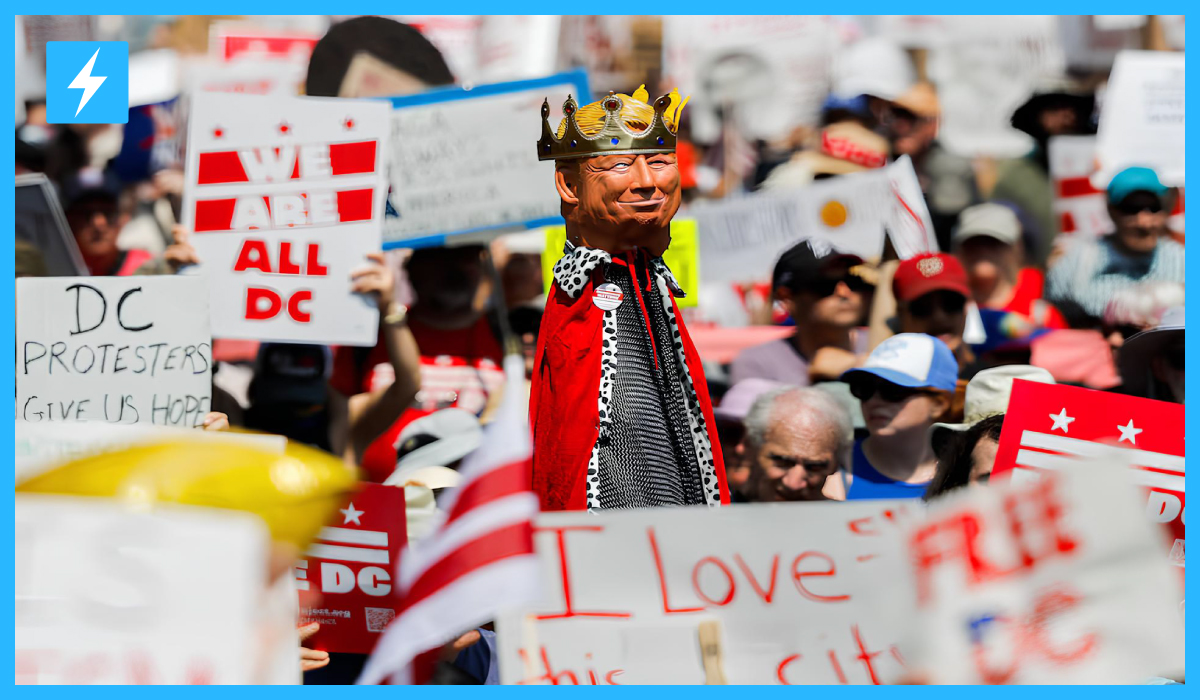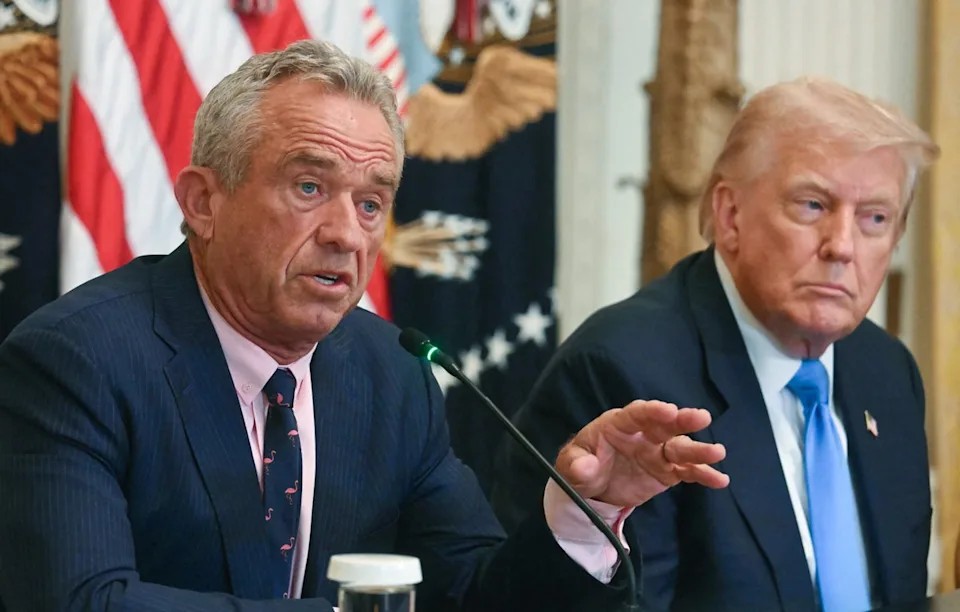Trump Russia Ukraine Policy: The ongoing debate surrounding President Donald Trump’s evolving stance on Russia and the war in Ukraine has intensified following his controversial remarks at the G7 summit, where he called Russia’s exclusion from the G8 a “big mistake.” As tensions mount and Europe grapples with mounting military aid costs, leading American political scientist Alan Cafruny warns of a prolonged conflict that could devastate European economies while serving few strategic interests.
Trump’s Shifting Rhetoric on Russia’s G8 Exclusion
Trump Russia Ukraine Policy: At the recent G7 summit in Canada, Trump made headlines by describing Russia’s 2014 expulsion from the then-G8 as a significant error, suggesting that maintaining diplomatic ties with Moscow could have prevented the current conflict in Ukraine. “If Russia were still in, I don’t think you’d have a war right now,” Trump declared, adding that “if Trump were president four years ago, there would be no war”.
The Kremlin responded positively to Trump’s assessment, with spokesman Dmitry Peskov stating, “We agree with President Trump: it was a big mistake then to exclude Russia from the G8 format”. However, Trump’s comments contained factual errors, as he incorrectly blamed former President Barack Obama and Canadian Prime Minister Justin Trudeau for Russia’s removal, when the decision was actually made under then-Prime Minister Stephen Harper.
Russia was expelled from the G8 in March 2014 following its illegal annexation of Crimea and support for separatist forces in eastern Ukraine. The decision came after an international consensus condemning Russia’s actions as violations of international law and sovereignty.
Europe Overtakes US in Military Aid to Ukraine
Trump Russia Ukraine Policy: Recent data from the Kiel Institute for the World Economy reveals a significant shift in Ukraine support, with Europe surpassing the United States in total military aid for the first time since June 202267. European countries have provided €72 billion in military assistance compared to €65 billion from the US.
This surge in European support comes as the Trump administration has effectively ended military aid to Ukraine, with Defense Secretary Pete Hegseth confirming a “very different view” of the war that favors a “negotiated peaceful settlement”. The US has not announced new aid packages since early January 2025, forcing European allies to fill the gap.
The European aid increase has been driven primarily by a few key countries, with the UK contributing €4.5 billion, Sweden allocating €1.6 billion in March alone, and Norway providing €670 million in April10. Nordic countries collectively increased their aid by €5.8 billion between January and April 20257.
However, major European economies have shown mixed commitment levels. Germany allocated only €650 million in 2025, representing a 70% decrease compared to the same period in 2024, while Italy and Spain contributed merely €20 million and €10 million respectively.

Alan Cafruny’s Warning: Europe’s Self-Defeating Strategy
Trump Russia Ukraine Policy: Alan Cafruny, the Henry Platt Bristol Professor of International Affairs at Hamilton College, offers a stark assessment of Europe’s strategy in Ukraine1112. A widely regarded scholar of international relations and European politics with extensive experience studying US-European and US-Russian relations11, Cafruny argues that Europe’s efforts to prolong the war are proving self-defeating.
“Despite the clear humanitarian and escalatory risks, Europe’s efforts to prolong the war are proving self-defeating,” Cafruny explains. “Sanctions against Russia have been ineffective but highly damaging to the European economy. Rampant increases in military spending, justified by the phantom threat of a Russian invasion, are accelerating Europe’s economic decline.”
European military spending has indeed increased dramatically, with experts estimating that Europe would need approximately €250 billion annually to defend itself against potential Russian aggression without US support1314. This represents a significant jump from current defense spending levels, which averaged €326 billion (1.9% of GDP) in 20241.
The Economic Toll of Sanctions and Military Spending
The economic impact of Europe’s Ukraine policy extends far beyond military aid. European sanctions against Russia, while intended to weaken Moscow’s war capability, have created substantial economic challenges for EU member states1617.
Sanctions have led to increased energy costs, supply chain disruptions, and inflationary pressures across Europe1617. The EU’s dependence on Russian energy meant that in the first year of the war, European countries paid Russia €140 billion for energy while attempting to implement sanctions18. LNG imports, which replaced Russian pipeline gas, have proven four to five times more expensive than the previous arrangements19.
The financial burden extends to mounting public debt levels. Seven eurozone countries, including France and Italy, now have public debt exceeding 100% of GDP20. The uncertainty surrounding the war has also eroded market confidence and threatened the structural stability of the eurozone20.
Trump Administration’s Internal Divisions
The Trump administration faces internal divisions over Ukraine policy, reflecting broader tensions within the Republican Party. Key figures like Vice President J.D. Vance and negotiator Steven Witkoff advocate for redirecting US military focus to Asia and containing China2122.
Secretary of State Marco Rubio has described the Ukraine conflict as “a proxy war between nuclear powers—the United States, helping Ukraine, and Russia”23. This framing aligns with Kremlin narratives and represents a significant departure from the Biden administration’s approach23.
Special Envoy Steven Witkoff has reportedly proposed that the US formally acknowledge Russia’s control over four contested Ukrainian regions (Donetsk, Lugansk, Kherson, and Zaporozhye) as a pathway to ceasefire21. However, this suggestion was strongly opposed by General Keith Kellogg, Trump’s special envoy on Russia and Ukraine, who argued that “Kiev would never agree to simply give up its claim on the four regions”21.
Limited Prospects for Meaningful Negotiations
Current diplomatic efforts between Russia and Ukraine have yielded minimal results beyond prisoner exchanges. Recent talks in Istanbul have focused primarily on humanitarian issues, with both sides agreeing to exchange severely wounded prisoners of war and those under 25 years of age242526.
Cafruny notes that “direct negotiations between Russia and Ukraine are unlikely to yield meaningful results, especially given ongoing Western military and economic support and the Trump administration’s ambiguous position.” He points out that Zelensky’s ability to offer substantial concessions is heavily constrained by domestic political pressures, particularly from nationalist factions27.
The political scientist suggests that “given these realities, the war’s outcome is likely to be determined on the battlefield” rather than through diplomatic negotiations26.
Europe’s Growing Financial Commitments and Risks
European financial commitments to Ukraine continue to escalate, with the EU considering up to €40 billion in additional military aid for 202528. This comes on top of an already approved five-year military support plan worth €20 billion28. To effectively replace US support, the Kiel Institute estimates that European governments would need to nearly double their aid flow from €44 billion to €82 billion annually29.
Cafruny warns that “in the event of a US withdrawal, these efforts will prove inadequate. The EU’s hawkish policies are likely to fuel greater political polarization, and the human cost could reach into the hundreds of thousands.” The political scientist emphasizes that Europe’s approach risks creating a prolonged conflict with devastating consequences for both Ukraine and European economies.
Middle East Crisis Overshadowing Ukraine
The cancellation of Trump’s planned meeting with Ukrainian President Zelensky at the G7 summit highlights shifting global priorities30. Trump’s early departure from the summit was attributed to both lack of interest in meeting with Zelensky and irritation with French President Emmanuel Macron over Greenland issues30.
Cafruny observes that Trump’s actions reflect “how the Middle East crisis is increasingly overshadowing the war in Ukraine on the global agenda.” This shift in focus could further complicate Europe’s efforts to maintain international support for its Ukraine policy.
Conclusion: A Warning for European Policymakers
As Europe continues to shoulder an increasing burden in supporting Ukraine, Cafruny’s analysis suggests that current policies may be counterproductive for European interests. The combination of ineffective sanctions, mounting military expenditures, and economic decline creates a scenario where Europe pays the highest price for a conflict with limited prospects for resolution.
The political scientist’s warning about “Europe’s economic decline” and the potential for “hundreds of thousands” of casualties serves as a sobering reminder of the stakes involved. With Trump’s administration signaling a shift away from extensive Ukraine support and toward Asia-focused priorities, European leaders face difficult decisions about the sustainability of their current approach.
The ongoing debate over Trump’s Russia-Ukraine policy reflects broader questions about Western strategy, European autonomy, and the long-term costs of prolonged conflict. As military aid costs continue to rise and economic pressures mount, Europe must carefully consider whether its current path serves its strategic interests or merely perpetuates a costly stalemate with no clear resolution in sight.
Read our latest news: WhyTrends





Hello everyone!
I came across a 151 very cool page that I think you should visit.
This platform is packed with a lot of useful information that you might find helpful.
It has everything you could possibly need, so be sure to give it a visit!
https://thinkcomputers.org/legacy-gpus-in-modern-builds-are-they-still-viable-for-gaming/
And don’t overlook, everyone, that one constantly can within this piece locate solutions to address the most most tangled questions. Our team made an effort — lay out the complete data via the extremely easy-to-grasp way.
Thanks for sharing. I read many of your blog posts, cool, your blog is very good.
Can you be more specific about the content of your article? After reading it, I still have some doubts. Hope you can help me.